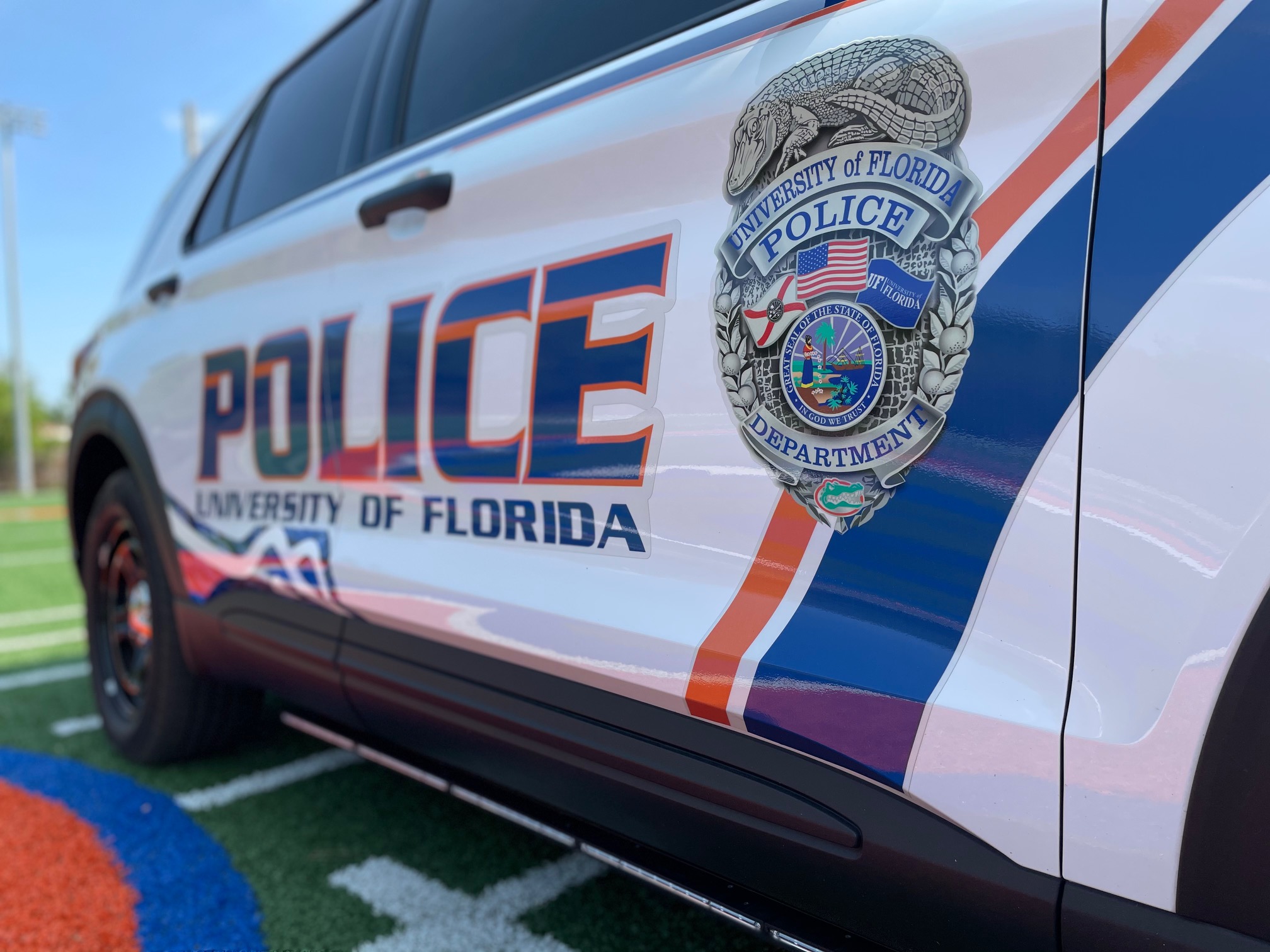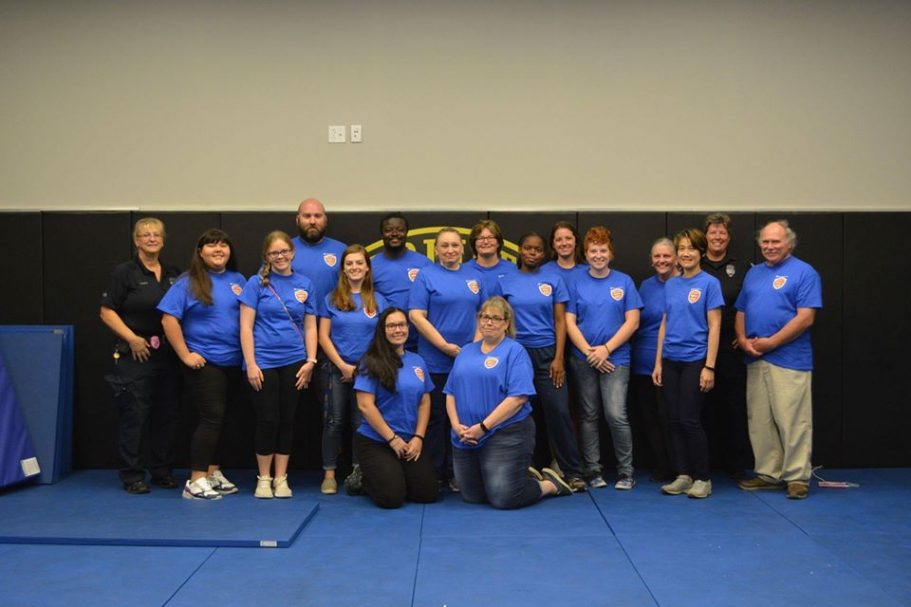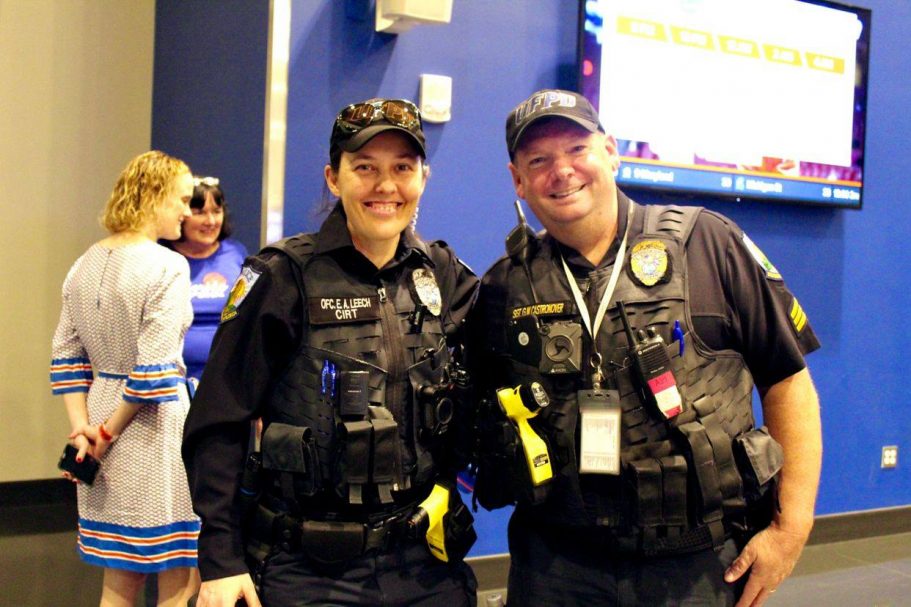- Homepage
- DIVISIONS
- Behavioral Services
- Co-Responder Team
- Co-Responder Model
Co-Responder Model
Officers across the country are increasingly called upon as the primary point of contact for individuals struggling with diagnosed and undiagnosed mental health conditions or displaying mental health distress. Additionally, there has been a call nationally to explore how police departments policing models as it pertains to individuals with marginalized and underrepresented identities. Cities and counties across the country are increasingly adopting co-responding models to improve how they engage with people experiencing behavioral health crisis. Co-responder models vary but generally involve law enforcement and clinicians working together in response to calls for service involving a person experiencing a behavioral health crisis. This model provides appropriate alternatives to arrest, officer use of force, hospitalizations and promotes the development of and access to quality mental health treatment and services.
When implemented well, the co-responder model has the potential to produce several benefits including: improved and more immediate responses to crisis situations, the ability to follow up with individuals and family members after a crisis to reduce the likelihood of further crisis situations, decrease expensive arrests and jail admissions for individuals in behavioral health crisis, reduce potentially unnecessary psychiatric hospitalizations due to the ability to provide more accurate on-scene assessments
UFPD is the first campus police department in the country to launch a co-responder program in this way. Other schools are creating similar, but unique, programs such as Oregon State University, Cornell, and UC Boulder. These schools were consulted in the creation of UFPD’s program.
All officers at UFPD are Crisis Intervention Team (CIT) trained to assist with knowledge in how to help individuals with mental health concerns and how to respond compassionately, effectively, and in the least intrusive manner to an individual in crisis or displaying a behavioral health emergency. CIT training is a 40-hour didactic and scenario-based training and is seen as a precursor to the co-responder model and provides a strong foundation for law enforcement’s response to individuals experiencing a behavioral health crisis.
UFPD hired an experienced clinician to launch this program and provide clinical and administrative oversight. Clinicians responding with officers will be Master’s level clinicians with background in crisis intervention. This clinician will respond with an officer Monday-Friday 10am-6pm. An additional search is currently being conducted for a second clinician that will respond with an officer Tuesday-Saturday, 5pm-1am.These shifts were determined after a review of calls from January 1, 2015 –March 31, 2022 was conducted to ensure that peak behavioral health call hours are covered.





